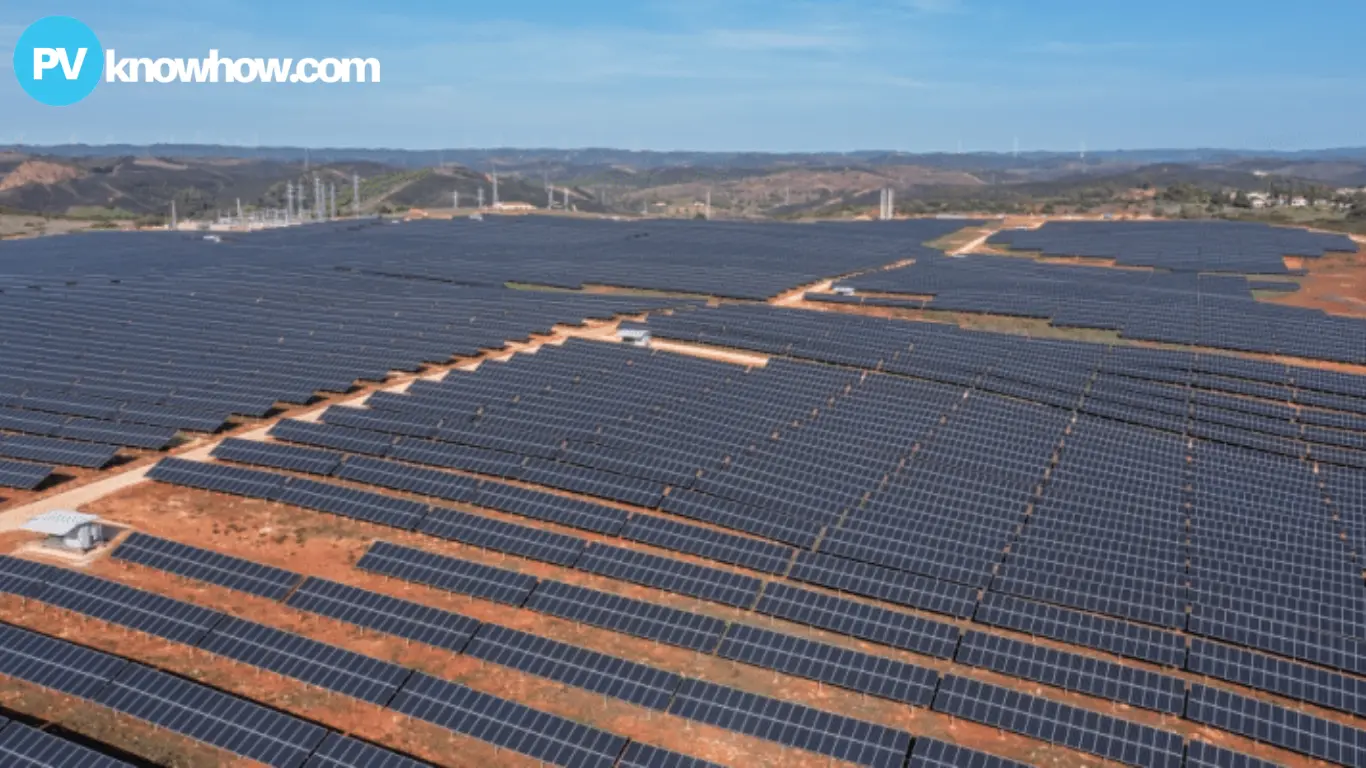Burkina Faso has commissioned the 26.6 MWp Zina solar plant — a public-private partnership between Amea Power and the government — in Mouhoun Province. The 70-hectare facility will provide electricity to over 43,000 people and reduce CO2 emissions by 13,200 tonnes annually.
A Major Step Towards Renewable Energy
Burkina Faso has made a significant leap in its renewable energy journey by commissioning the Zina solar power plant. Located in the village of Zina in Mouhoun Province, about 185 kilometres from the capital city Ouagadougou, this solar facility is poised to be a game-changer in the country’s energy sector.
The 26.6 MWp development results from a public-private partnership (PPP) between Amea Power (an Emirati company) and the Burkina Faso government. Constructed to boost the country's renewable energy landscape, the Zina solar power plant covers an area of 70 hectares. This expansive solar park is expected to supply electricity to more than 43,000 people and offset 13,200 tonnes of CO2 annually.

Image: Collected
The project’s financial backing came from the Emerging Africa Infrastructure Fund (EAIF) and the International Finance Corporation (IFC) — the private sector arm of the World Bank Group. Additionally, the IFC-Canada Climate Change Program (IFCCCP) contributed to the financial closure of the project in 2022. The Zina solar power plant is connected to Burkina Faso’s National Electricity Company (SONABEL) grid under a 25-year power purchase agreement (PPA).
Harnessing Solar Power for Sustainable Growth
Amea Power’s involvement places it alongside other independent power producers (IPPs) with operational solar power plants in Burkina Faso. This includes Madagascar’s Axian Group which recently acquired the Nagréongo solar farm (30 MWp) from French IPP GreenYellow, and the French company Africa Ren which operates a 38 MWp photovoltaic facility in Kodéni; near Bobo-Dioulasso.
With the addition of the Zina plant, Burkina Faso’s installed solar capacity now totals 182.6 MWp. This showcases the country’s ongoing commitment to expanding its renewable energy infrastructure and reducing its carbon footprint. Burkina Faso has made significant progress in renewable energy in recent years, and 2024 is expected to be a watershed year for the nation’s solar energy industry.
Burkina Faso is well-positioned to harness the power of the sun to boost economic growth and lower carbon emissions, thanks to its abundant sunlight and growing demand for sustainable energy sources. The West African nation boasts an average of 2,800 hours of sunshine each year, making it an ideal location for solar energy development.
One of the main drivers behind Burkina Faso’s push for solar power is the necessity to increase the population’s access to energy. In 2024, a significant portion of the nation still lacks reliable energy access which hampers economic growth and quality of life. Solar energy can significantly address this issue, especially in remote areas where the national grid might not exist.
Government Commitment and International Support
Burkina Faso’s government has demonstrated a strong commitment to developing the country’s solar energy industry. In recent years, it has enacted laws and regulations to support solar energy projects and other renewable energy sources. Multilateral organizations and donor nations have recognised the country’s potential as a solar energy hub and have provided financial assistance to accelerate the development of solar infrastructure.
The government has been working on measures to implement solar mini-grids and off-grid solutions in conjunction with international partners and private investors. These programs empower isolated communities by providing energy to power homes, schools, and small businesses. Improved energy availability can boost productivity and promote investment across the economy, driving economic growth.
Beyond the economic benefits, Burkina Faso’s adoption of solar energy aligns with global efforts to combat climate change. Solar energy is a clean and renewable source that does not emit greenhouse gases during electricity production. It is a crucial component of Burkina Faso’s strategy to reduce its carbon footprint.
Burkina Faso’s solar energy prospects for 2024 appear bright. With its abundant sunlight and commitment to enhancing energy accessibility and sustainability, the nation is emerging as a rising star in the global solar energy landscape. As the government continues to invest in solar infrastructure and collaborate with international partners, Burkina Faso is on its way to reaping the economic, environmental, and social benefits of harnessing solar energy.
